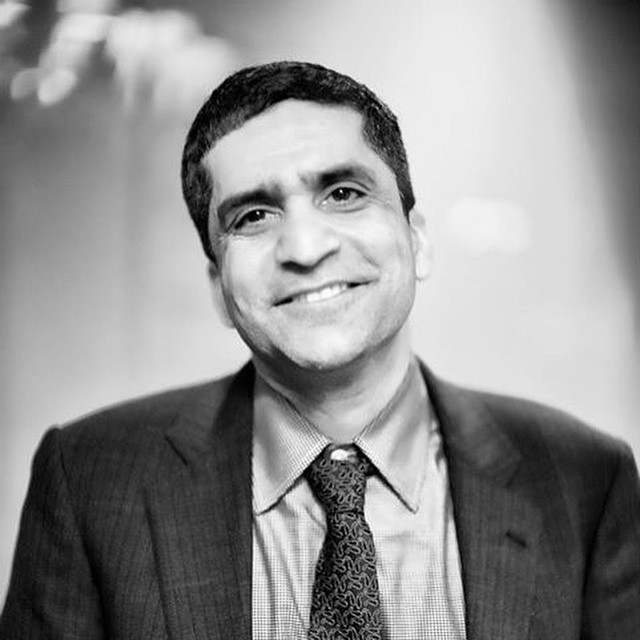Rakesh Khurana and Nitin Nohria. "It's time to make management a true profession." Harvard business review 86.10 (2008). p. 70. Introduction
Rakesh Khurana: Frases en inglés
Herbert Gintis and Rakesh Khurana. " What Happened When Homo Economicus Entered Business School https://evonomics.com/what-happens-when-you-introduce-homo-economicus-into-business/," in: evonomics.com, July 14, 2016.
Rakesh Khurana (2010). From higher aims to hired hands: The social transformation of American business schools and the unfulfilled promise of management as a profession. Princeton, NJ: Princeton University Press. p. 27
N. Nohria & Rakesh Khurana (2010). "Advancing leadership theory and practice." In N. Nohria & R. Khurana (Eds.), Handbook of leadership theory and practice. Boston, MA: Harvard Business School Press. p. 3
